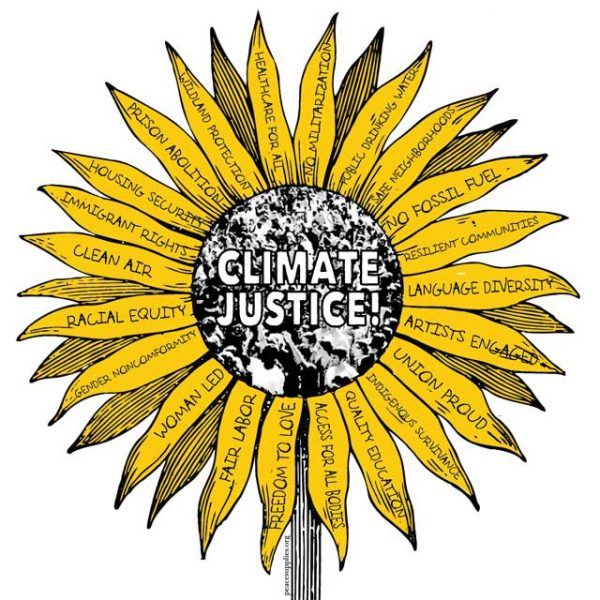Our environmental editor Meg critiques the myth of overpopulation, proving that it is inherently racist…

The Racist Myth of Overpopulation
Dr Jane Goodall appeared at the annual World Economic Forum, this year held in Davos, where business leaders and government representatives from around the world discussed solutions to the climate crisis. It was here the world-famous anthropologist made comments blaming human population growth for climate change, saying “All these things we talk about wouldn’t be a problem if there was the size of the population that there was 500 years ago.”
There’s no denying that the human population has increased rapidly within the last century. The rise in population has been so concentrated since 1990, 14% of humans that have ever lived are alive today, according to research.
But Goodall’s narrative of “there are too many of us” rather than “the system we exist in is wrong” is misguided and utterly dangerous. While seeming innocent, the views that uphold this are rooted in problematic understandings of who and what is to blame.
It takes 12 days for an average British person to generate the amount of carbon emissions it will take a person in Birkina Faso a year to produce. The average American consumes the energy equivalent to that consumed by 128 Bangladeshis or 370 Ethiopians. Between 1980 and 2005, Sub-Saharan Africa produced 18.5% of the world’s population growth, but only 2.4% of the world’s growth in co2 emissions. Also, some necessary perspective on personal GHG contributions: just 20 fossil fuel companies have contributed to a third of all modern CO2 emissions, with proof that industry executives were aware of the damage burning fossil fuels causes since 1977.
There are more than enough resources on our planet to feed, clothe and provide shelter for every human on it. Population is not the issue. It’s how we produce, trade and distribute assets that is.
If population growth WAS the main cause of climate crisis, then statistics would show a linear correlation between bigger families and carbon footprints. But let’s look into some statistics. Women in Mali have on average 6.29 children each, compared to the 2.1 children for an average woman from the US. But data shows us that the average Malian family is responsible for 1/136th of the carbon of the average family from the US.
Whilst there are many organisations that provide contraception to women in an empowering way; it needs to be clear who, and for what purpose families are being planned by. There is no empowering way to help women make choices on the size of the family if the result is predetermined. We need only to look at the effects of imposed one-child restrictions in China to know that enforced birth control can have huge, far-reaching consequences.
Does the commitment of these environmentalists extend to avoiding their high-carbon holidays, limiting their own consumption or reducing the number of children they themselves intend to have? Highly unlikely. Placing the blame on higher birth rates in the global south is their get out of jail free card, conveniently absolving them of any personal responsibility and necessity to change their own lives or beliefs about how the world should be ran.
Climate and social justice cannot, and must not be separated.
To tackle the climate crisis, we need to acknowledge that those ultimately to blame are those who have constructed and now profit off the system that decimates the planet (the majority of whom are wealthy white men), and not shun women of colour in the global south for having what is deemed to be too many children within that system.






Leave a Comment